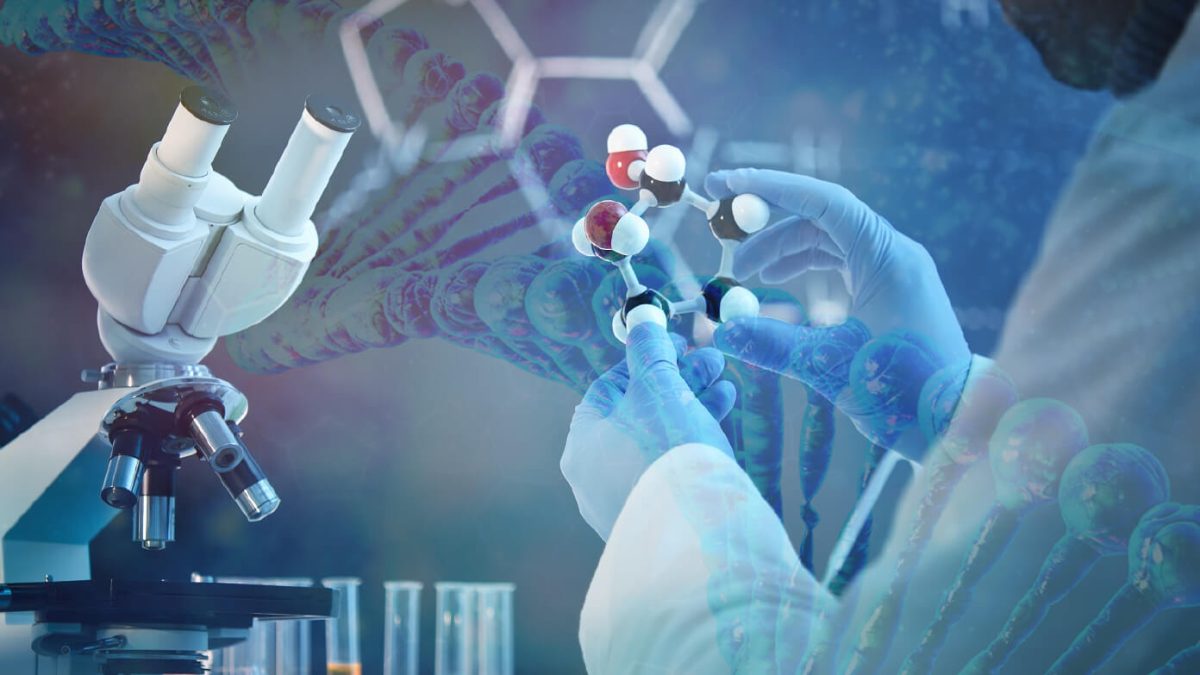
Biotechnology has emerged as a revolutionary multidisciplinary field that blends the wonders of natural sciences with the precision of engineering. This unique amalgamation aims to unlock the vast potential of living organisms and biological processes to create innovative solutions that benefit humanity. In this article, we will explore the fascinating world of biotechnology, its historical timeline, and its significant contributions, especially in environmental preservation.
Understanding Biotechnology: Where Science Meets Engineering
Biotechnology can be best described as the intersection of biology, chemistry, genetics, and engineering. Its primary goal is to harness biological systems and organisms to develop groundbreaking technologies, products, and processes that improve various aspects of our lives. By deeply understanding and manipulating the building blocks of life, scientists and engineers in biotechnology open doors to new frontiers in medicine, agriculture, energy, and environmental management.
The History of Biotechnology: Pioneering Breakthroughs
The roots of biotechnology can be traced back to ancient times when early civilizations used fermentation processes to produce bread, cheese, and alcoholic beverages. However, the modern concept of biotechnology began to take shape in the mid-20th century.
The Discovery of DNA: A Milestone Moment
One of the most significant milestones in biotechnology was the discovery of the structure of DNA by James Watson and Francis Crick in 1953. Understanding the genetic code laid the foundation for manipulating genes and genetic materials, leading to remarkable advancements in the field.
The Advent of Recombinant DNA Technology
In the early 1970s, the development of recombinant DNA technology by Stanley Cohen and Herbert Boyer revolutionized biotechnology. This breakthrough enabled scientists to combine DNA from different sources, creating genetically modified organisms (GMOs) and fostering the production of valuable proteins like insulin and growth hormones.
Biotechnology in Medicine: The Era of Biopharmaceuticals
The application of biotechnology in medicine has yielded groundbreaking biopharmaceuticals. These biologically derived drugs offer targeted and effective treatments for various diseases, including cancer, diabetes, and autoimmune disorders. Examples include monoclonal antibodies and vaccines, which have significantly improved patient outcomes and quality of life.
The Role of Biotechnology in Environmental Conservation
As concerns about environmental sustainability escalated, biotechnology stepped forward to play a crucial role in addressing these challenges.
Environmental Biotechnology: Cleaning Up the Planet
Environmental biotechnology focuses on developing eco-friendly solutions to combat pollution and conserve natural resources. One notable application is bioremediation, where microorganisms are employed to break down pollutants into harmless substances, revitalizing contaminated environments.
Biotechnology and Sustainable Agriculture
Biotechnology has revolutionized agriculture by introducing genetically modified crops that offer increased resistance to pests and diseases. These crops have the potential to enhance crop yields and reduce the need for harmful chemical pesticides, making agriculture more sustainable and environmentally friendly.
The Future of Biotechnology: Exciting Possibilities
The field of biotechnology continues to evolve, and the future holds promising possibilities.
Biotechnology and Personalized Medicine
Advancements in biotechnology are paving the way for personalized medicine, where treatments can be tailored to an individual’s unique genetic makeup. This approach ensures more effective and personalized therapies with fewer side effects.
Synthetic Biology: Redefining Life Sciences
Synthetic biology is an emerging discipline within biotechnology that seeks to design and construct novel biological systems. By engineering organisms for specific functions, synthetic biology holds the potential to create biofuels, bio-based materials, and even living medicines, revolutionizing various industries.
Ethical Considerations in Biotechnology
As biotechnology continues to advance rapidly, it is essential to address the ethical implications associated with its applications.
Responsible Innovation
Ethical biotechnology practices necessitate responsible innovation. Scientists and researchers must consider the potential risks and benefits of their work, ensuring that it aligns with societal values and prioritizes safety.
Respecting Biosecurity
In biotechnology, the issue of biosecurity is paramount. Safeguarding laboratories and research facilities from potential misuse of biotechnological discoveries is crucial to prevent unintended harm.

Conclusion
Biotechnology stands as a beacon of hope, illuminating the path towards a brighter and more sustainable future. By embracing the synergy between natural sciences and engineering, biotechnology has transformed medicine, agriculture, and environmental preservation. As the field continues to advance, it is essential to uphold ethical principles and responsible practices, ensuring that biotechnology remains a powerful force for good in the world. Embracing and supporting biotechnology’s growth will undoubtedly propel humanity into a new era of possibilities and advancements.









